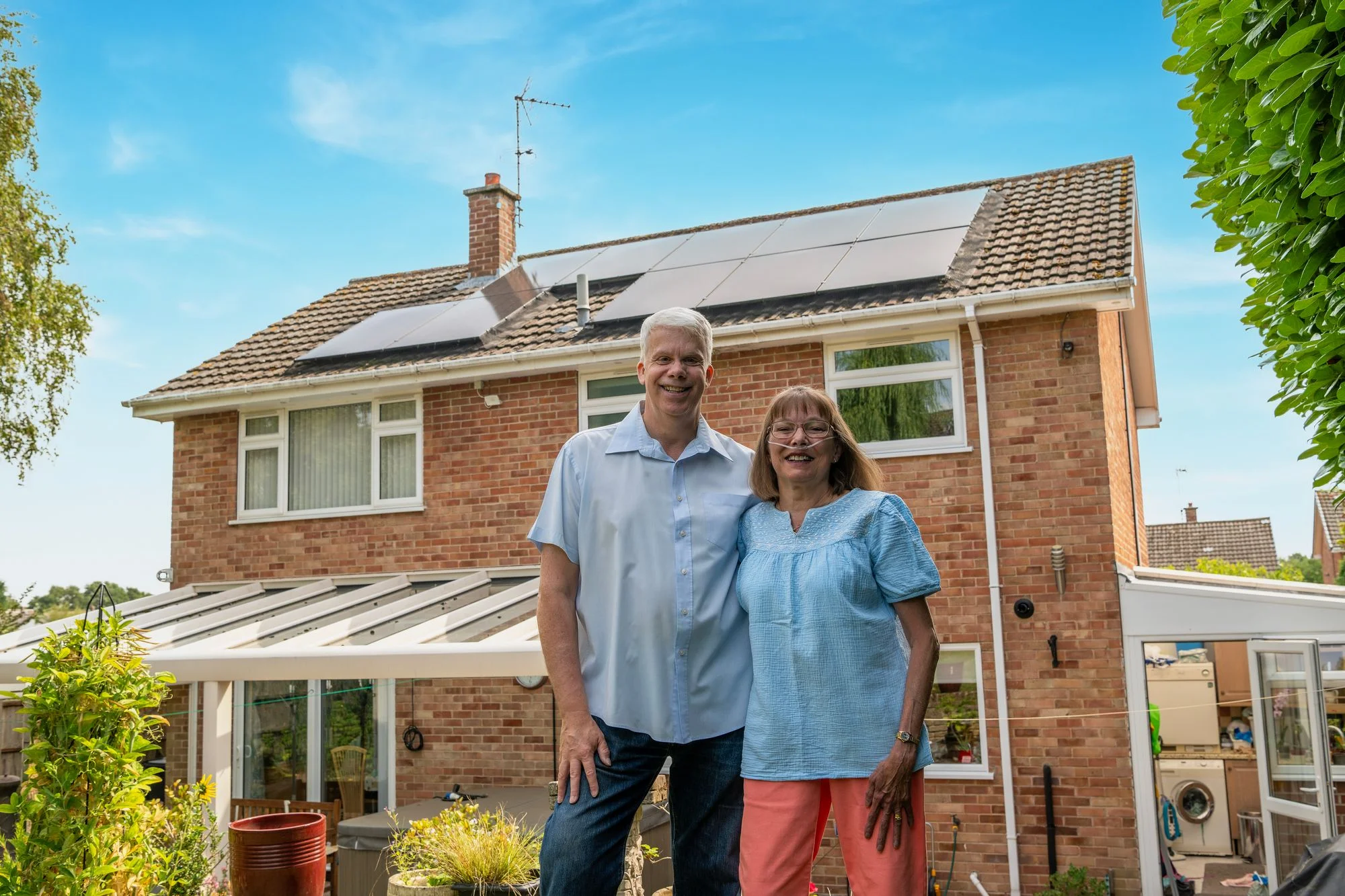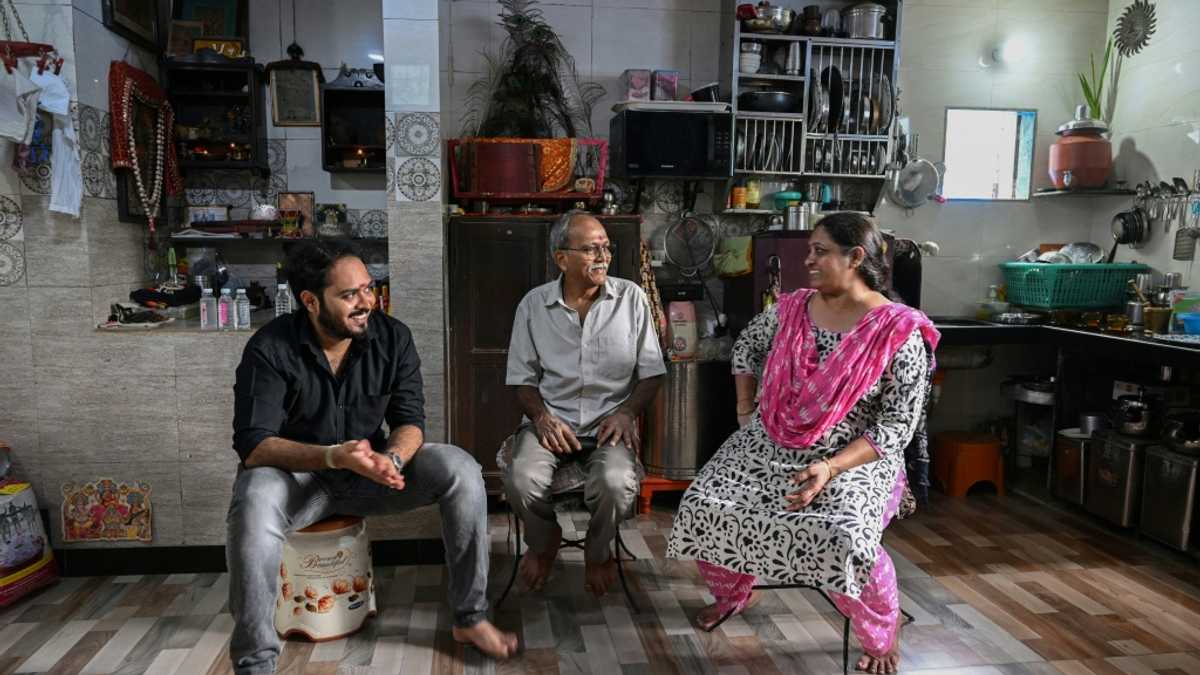By Howard Mustoe
Copyright independent

Welcome to The Independent’s in-depth Ovo solar review, where we explore how Ovo Energy helps homeowners maximise the value of their solar panels. If you’re considering the best solar panels for your property, Ovo’s solar service makes it easy to generate renewable energy and sell excess electricity back to the grid.
You may know the name Ovo as an energy company, which has been supplying homes with electricity and gas since 2009.
It started as a minnow and then in 2020 it bought the retail arm of energy giant SSE (formerly Scottish and Southern Energy) to become the UK’s fourth-biggest supplier, according to Uswitch.
Octopus is the top electricity and gas supplier, followed by British Gas and E.ON Next.
The energy crisis which followed Russia’s invasion of Ukraine killed off a number of small competitors, but start-ups which grew fast enough have flourished, including Ovo. The business has been fitting solar panels since 2023, using local contractors it has picked.
It’s our top pick for selling energy back to the grid because of its generous 20 pence per kilowatt hour rate.
This is the best rate for exporting energy from your solar panels that we know of, but you need to have your panels and solar battery installed by Ovo and have your energy supplied by the firm to get it. If you choose not to have a battery fitted, you can still bag 15 pence per unit, a good deal.
This perk is of best value for those who are out during the day and won’t make best use of the electricity they generate from their panels, and also those with big arrays of, say, 7kw or more, since they will have plenty of power to sell even if they have a battery.
Smaller arrays, families who use their power mainly during the day, and those who can use excess power to charge an electric car during the day will benefit less.
Competitors can offer more, but they are often for the evening when you will be generating less power. Most good tariffs offer about 15 pence, and the worst ones offer just a penny. By comparison, grid electricity costs 26.35 pence per kilowatt-hour under the energy price cap.
The deal is capped at arrays of 30kw to stop you turning the deal into a full-blown commercial venture. Most people won’t need to worry about that unless they live in a palace, since, for reference, that would be about 60 panels.
As for the install itself, the company’s prices are generally in line with the competition. The more panels you can fit, the cheaper the work per unit of electricity. That’s because the panels themselves are a comparatively small part of the overall costs, with labour, scaffolding hire, and other electronic kit making up the bulk of the cost.
The lesson is, fit more panels if you can. Ovo says it will fit systems from four panels, but we think any fewer than eight will start to make the cost-effectiveness difficult to justify. It is worth doing your own sums, however.
Ovo uses JA and Aiko for solar panels, which are among our top choices. They are fairly cheap, durable and should push electrons around for 30 years or more.
Malcolm Douglas-Kellie and his wife Jackie chose Ovo for their install last year and said they were very happy with their decision.
“I’d say it’s well worth doing, as long as you can get a decent-sized system,” said Malcolm.
The company uses batteries from GivEnergy and Fox, with other brands available on request.
Ovo can also charge your battery cheaply, for 10 pence per unit, when there’s a glut of power from renewable sources. This could also be a good deal if you have opted for a battery.
Whether to get a battery is another question, and it’s a tricky one to answer. Batteries have a limited life, and therefore, there is a cost per unit to store power using them. The problem is, you won’t know what that cost is until your battery dies. Batteries are best for big users of electricity and those who want to use their own solar power in the evenings. A long guarantee period is critical
If you heat your home and cook with gas and mainly use electricity during the day, a battery may not be a good investment.
If you have a heat pump, induction hob, electric car, and lots of electric gadgets, it is more likely to be a good buy. If you want to be as low-carbon and independent of the grid as possible, it’s a great choice.
The company says: “All of our local teams are MCS certified for all of the renewables products/services they install – it’s a core entry requirement for our network. We also have NIC, EIC, MCS, RECC, Trustmark, Gas Safe, NapIt, HIES, Iwa certifications.”
For more information to help your buying decision, see our guides



